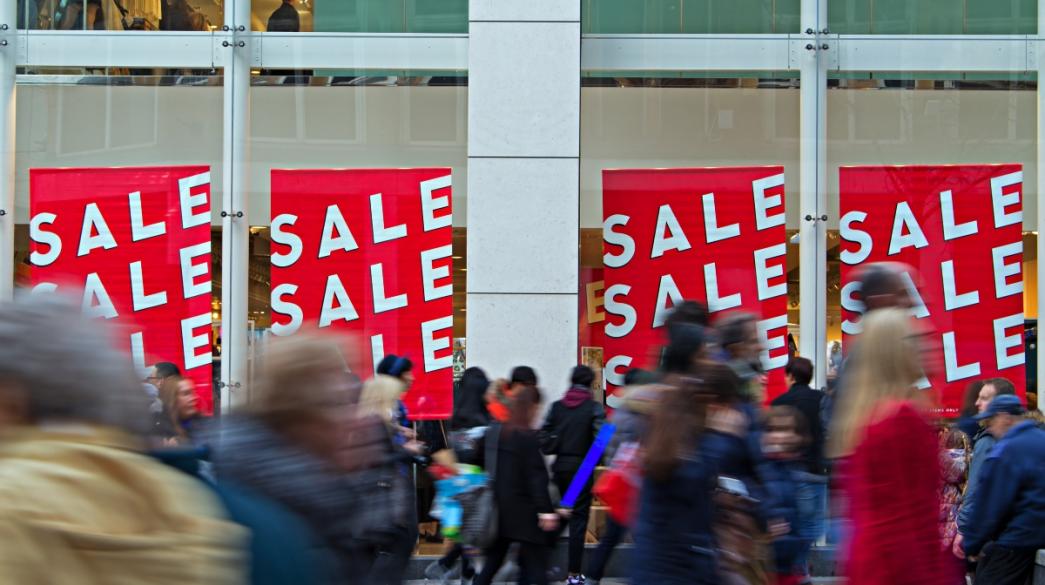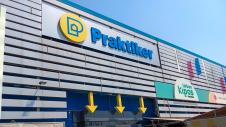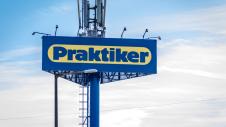Autumn is looking to heat up for the retail sector as the possibility of a second wave of the pandemic, in combination with growing cases of the virus in Greece that are partly due to the opening of tourism, have a negative impact on store revenues.
Business has been quite limited, confirming the change in shopping habits among Greek consumers, with the Athens Chamber of Commerce describing as disappointing the first few days of business in the summer sales period, despite price cuts of up to 70 percent.
The reopening of stores after the lockdown revealed changes in the mix of shopping streets as, especially for companies with extensive store networks, conditions became difficult. The example of retailers Accessorize and Inglot is typical, both stores controlled by M. & P. Chytiroglou. In recent months, several of these stores have closed in main shopping streets, limiting the presence of the two brands mainly to shopping malls.
Especially in regard to the Accessorize network, it should be noted that the parent company Monsoon has been facing liquidity problems in Britain for several months, with its founder in negotiations with the owners of properties it rents in order to maintain as many stores as possible.
Recent reports suggest that 157 of the 230 points in the UK market have been rescued, but the fact that 60 percent of Britons say that they will stay from stores in the near future to protect themselves from the virus makes this more complicated.
Weak companies suffer
The pandemic is hurting even more companies with known problems. According to sources, the management of Notos Com is considering the closure of the Notos Home department store it operates in the Golden Hall shopping center in Maroussi, as part of efforts to reduce operating costs.
The future remains unclear for the group, as the rescue plan through the British fund M & G does not seem to be going well and the renegotiation of its rent is at the heart of efforts to implement restructuring plans.
Rents hold key
The level of rents paid will determine the future of several commercial enterprises, both inside and outside Greece. Given that consumers in the current period look for quick service and affordable prices, according to data from SELPE, online shopping is expected to continue its upward trend, further squeezing profit margins for physical locations.
The possibility of a new lockdown being imposed, based on a possible second wave of the pandemic, is spooking even the largest of retail groups. In light of falling revenues, multinational Inditex and H&M groups, have already embarked on streamlining their networks, closing unprofitable points of sale and focusing on developing online sales channels as a key pillar for the future.
In conclusion, traders are expecting decisions from the state to protect businesses and jobs, with the main demands being a 40 percent reduction in rents by the end of the year and a new debt settlement to the government of 120 installments. Until then, companies are acting cautiously, expecting a possible new wave of the pandemic and are moving defensively to mitigate the negative consequences.








